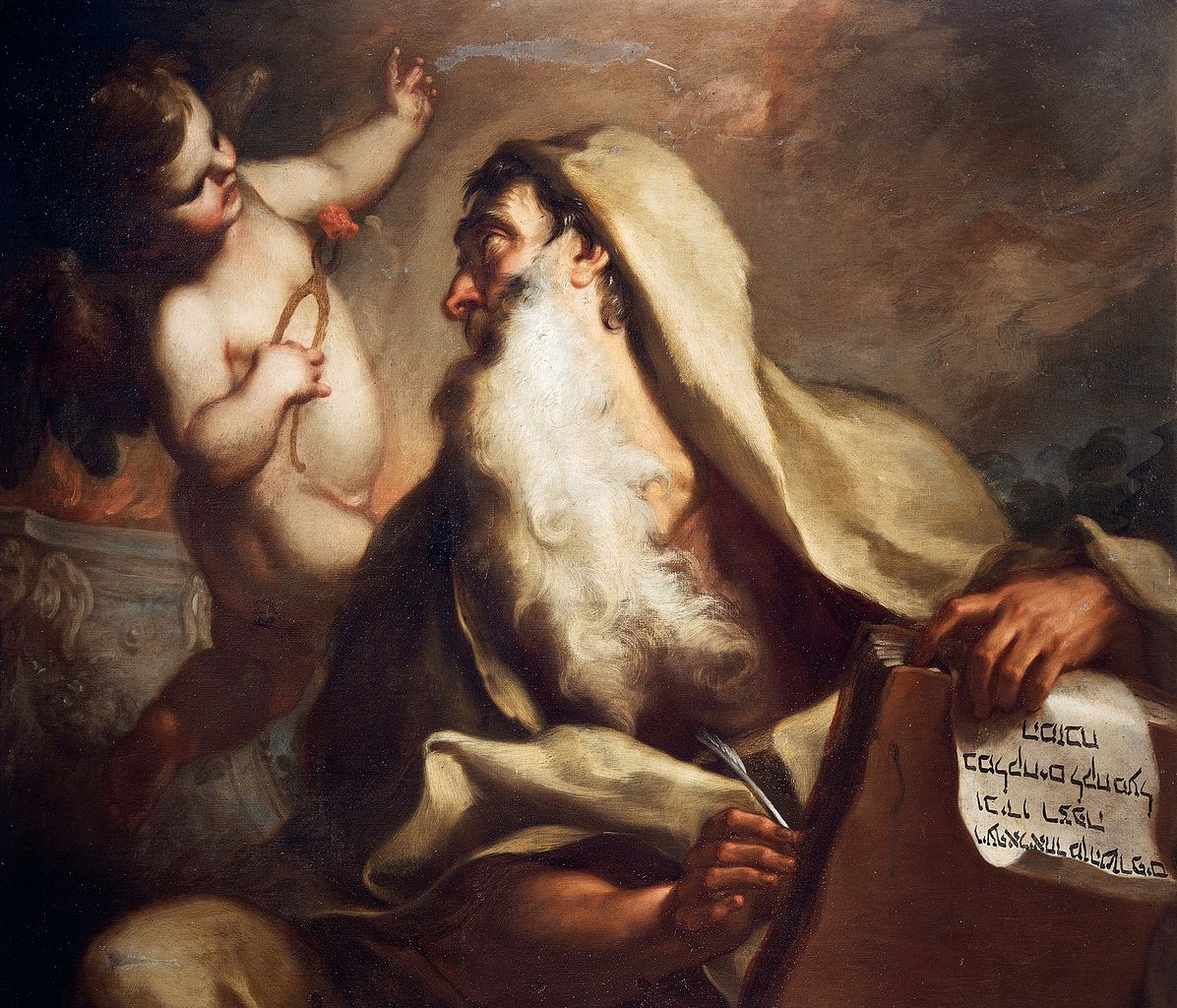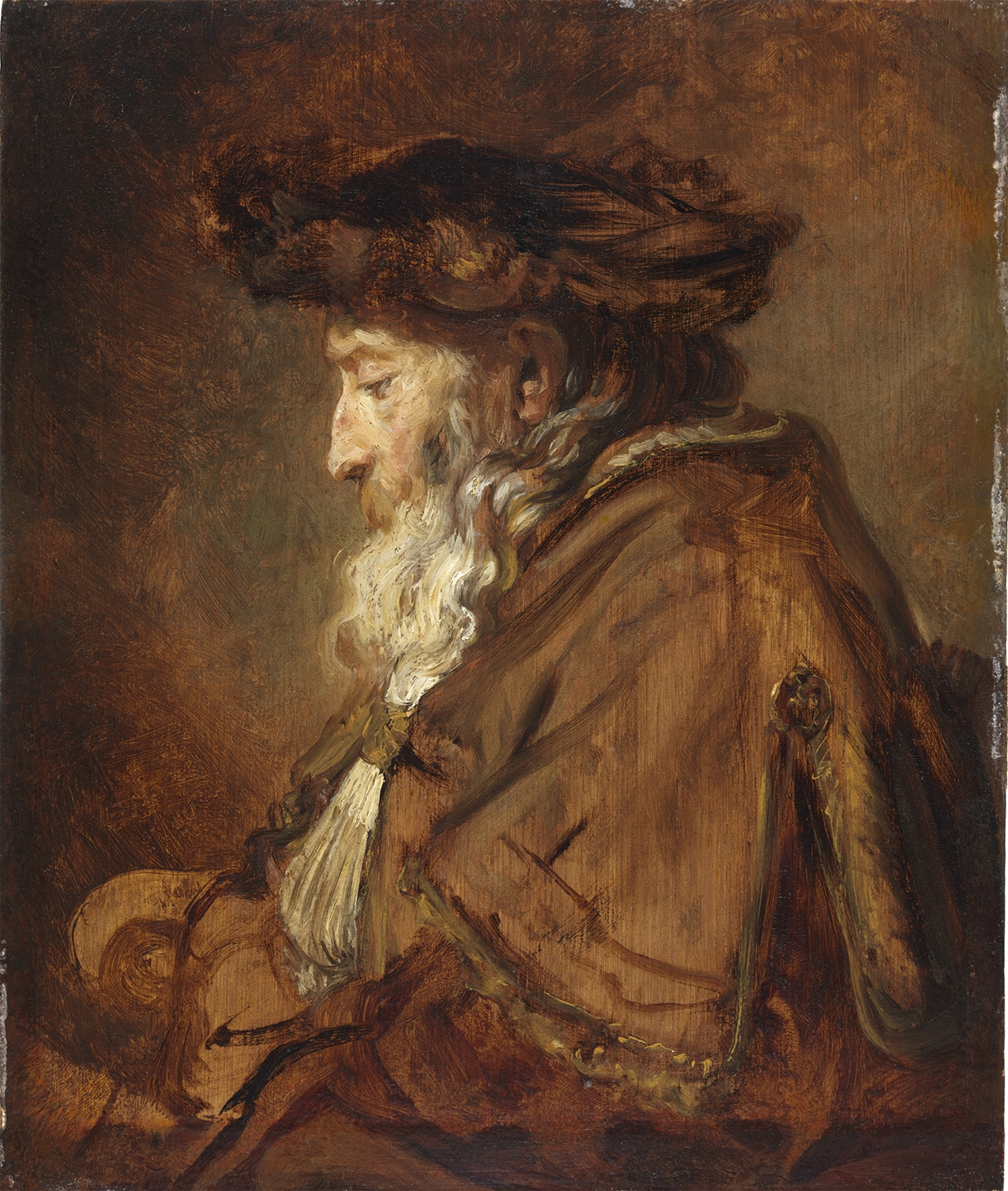Tuesday of the Second Week in Lent: Isaiah 1:10, 16-20, Matthew 23:1-12.
The prophet Isaiah utters a simple phrase in today’s reading that might serve as a saying for all of Lent: “Come now, let us set things right, says the LORD.” I love God’s gentleness here, like someone seeking to calm you, reassure you, and just move forward on a new path without dwelling anymore on the past. All the more striking is the fact that it comes in the midst of serious charges of having fallen away from Him. The ugly truth of our sin and unworthiness does not diminish God’s desire to have us convert back to Him. We shall see that Jesus, too, presents us with this same invitation: “whoever humbles himself will be exalted.” That is, the door to your exultation is open, let’s go.

The “Vision of Isaiah” concerning Judah and Jerusalem was taken down in the early 700s BC, during a low point for Judah. King Ahaz (r. 732-715 BC) had cozied up to the Assyrians, brought their tastes and religious idolatry not just into the country but into the Temple itself. How wicked was he? He also offered his son by fire to Moloch, the Canaanite god associated with child sacrifice. His wickedness did not stop despite many trials, and he even closed schools and houses of worship so religious instruction had to go underground.
Given the king’s significant turning away from God, we can start to understand the dire warnings in Isaiah. Interestingly, these warnings are not focused on intensifying their forms of worship, which the Jewish priests may have been concerned with, and to this day characterizes the ultra-Orthodox strain of Judaism. In verses 11-14 (omitted from today’s reading), he is clear that these are no longer pleasing to the Lord:
I have had enough of burnt offerings of rams
and the fat of fed beasts;
I do not delight in the blood of bulls,
or of lambs, or of goats. …
Trample my courts no more;
bringing offerings is futile;
incense is an abomination to me. …
Your new moons and your appointed festivals
my soul hates;
they have become a burden to me,
I am weary of bearing them.
You could imagine that the priestly class would be calling for more sacrifices, more incense, more religious festivals. But Isaiah points out that the problem is the people themselves. His encouragement is for them to “Wash yourselves clean! Put away your misdeeds from before my eyes; cease doing evil; learn to do good.” And in a verse that could come from the mouth of Jesus some 700 years later, he urges them to establish their goodness through works of mercy: “Make justice your aim: redress the wronged, hear the orphan’s plea, defend the widow.”
The force of today’s first reading, though, is focused on the gentle promise of salvation if the people change their ways and return to God’s commandments and precepts in their hearts. Thinking of yesterday’s reflection about sin and forgiveness, this is another stunning look at God’s economy of love that wipes out debt in sheer mercy and abundance:
Come now, let us set things right,
says the LORD:
Though your sins be like scarlet,
they may become white as snow;
Though they be crimson red,
they may become white as wool.
If you are willing, and obey,
you shall eat the good things of the land;
God is ready to forgive all, to turn our bright red sins into pure whiteness. All that is needed is our willingness and obedience.
Turning to the gospel reading, we encounter a solid condemnation of the scribes and Pharisees by Jesus. This is interesting, to be sure, but we should avoid interpretations of the type I’ve heard where Jesus is compared to a subversive counter-culture figure. He is not an authority-toppling hippy, despite bad late 20th century interpretations. Separated from the reality on the ground by 2,000 years, we tend to simplify the Israel in the time of Christ. We can turn to some true Church scholarship to orient ourselves. Here is a short excerpt from The Christian Centuries, A New History of the Catholic Church, Vol One: The First Six Hundred Years (Part One by Jean Danielou): “The study of the primitive Church of Jerusalem has shown the complexity of the Jewish world in which the Church was growing, and the different elements which that framework introduced to it. We have mentioned the Pharisees, the Sadducees, the Essenes, the Hellenists, but there were also the Herodians and the Zealots, and Justin also names the ‘Gentists, the Merists, the Galileans, the Hellenians, the Baptists.’ The Samaritans are also mentioned” (17). The list actually goes on. From this glimpse of complexity, we can learn a few things, primarily that there were many power structures and communities throughout the Jewish world, and the scribes and Pharisees in Jerusalem represent a specific kind. Thus, Jesus’s criticisms must be understood not as a dig at authority in general, but at a specific type of authority that had emerged around the Holy Temple at Jerusalem. In fact, while Jews throughout Israel acknowledged the main temple in Jerusalem as the seat of the Holy of Holies, the Ark of the Covenant had long ago been lost, ever since the Babylonians destroyed Jerusalem in 587 BC. So, while Jerusalem continued to be regarded as the capital of Jewish priestly culture and law, Jews all over the Levant (Holy Land) had their own synagogues and self-sustaining communities. Some only made it to the temple in Jerusalem once in their lives. Meanwhile, Jews in Jerusalem developed a sense of superiority over other Jews. This was particularly evident in the scribes and Pharisees, who were the experts in the law.
Jesus acknowledges that the scribes and Pharisees “have taken their seat on the chair of Moses. Therefore, do and observe all things whatsoever they tell you.” Let’s remind ourselves that Jesus did not come to abolish the law but to uphold every iota and perfect it (cf. Mt 5:17). But he adds that while they can speak the truth from scriptures while teaching the law, they should not be emulated as people who actually uphold that truth: “do not follow their example. For they preach but they do not practice.” What follows is a sharp critique of how they comport themselves. They tell everyone what they must do but do not help them do it. They embellish their physical appearance, specifically by widening their phylacteries and lengthening their fringes. These two examples are important because those things were meant to be a way to keep God’s law close to one’s heart and mind. Phylacteries are boxes affixed to the head and left arm that contain slips of paper with scriptural passages. The tassels on their clothing were commanded in the Book of Numbers by God to be worn as a reminder to keep his commandments. These devices, meant to remind a person to turn inwardly to God, were effectively showed off by the scribes and Pharisees. They were outwardly boasting using the very items meant to turn oneself inward. And then there is the problem of them wanting places of honor at tables and to be called “Rabbi.” We are presented with a picture of insufferable, arrogant, and self-absorbed teachers.

What is this superiority complex but obsession with power? And this public preening is nothing but pride. Jesus wants to remind us that we are called to the exact opposite. The gospel ends with His words, “you have but one master, the Christ. The greatest among you must be your servant. Whoever exalts himself will be humbled; but whoever humbles himself will be exalted.” This injunction was admirably lived by the Desert Fathers (and Desert Mothers) who strove to be the best Christians they could a few centuries after Christ. We hear them echo His teachings clearly: “Be always mindful of your sins and do not judge others; rather become inferior to all … If somebody speaks to you about any matter whatsoever, do not argue with him; but [if he speaks well] say ‘yes’ and if he speaks badly, say: ‘You know what you are talking about’ and do not contend with him about how he spoke” (Sayings of the Desert Fathers, Matoes 11). At its heart, this humble way of acting is uncritical of others and generous. It participates in the Way of love given to us by Christ.
Once you have turned back to the Lord, swept up in His surging wave of love, the soft but insistent voice that you take on needs only to provide a little motivation: “Come now, let us set things right.”